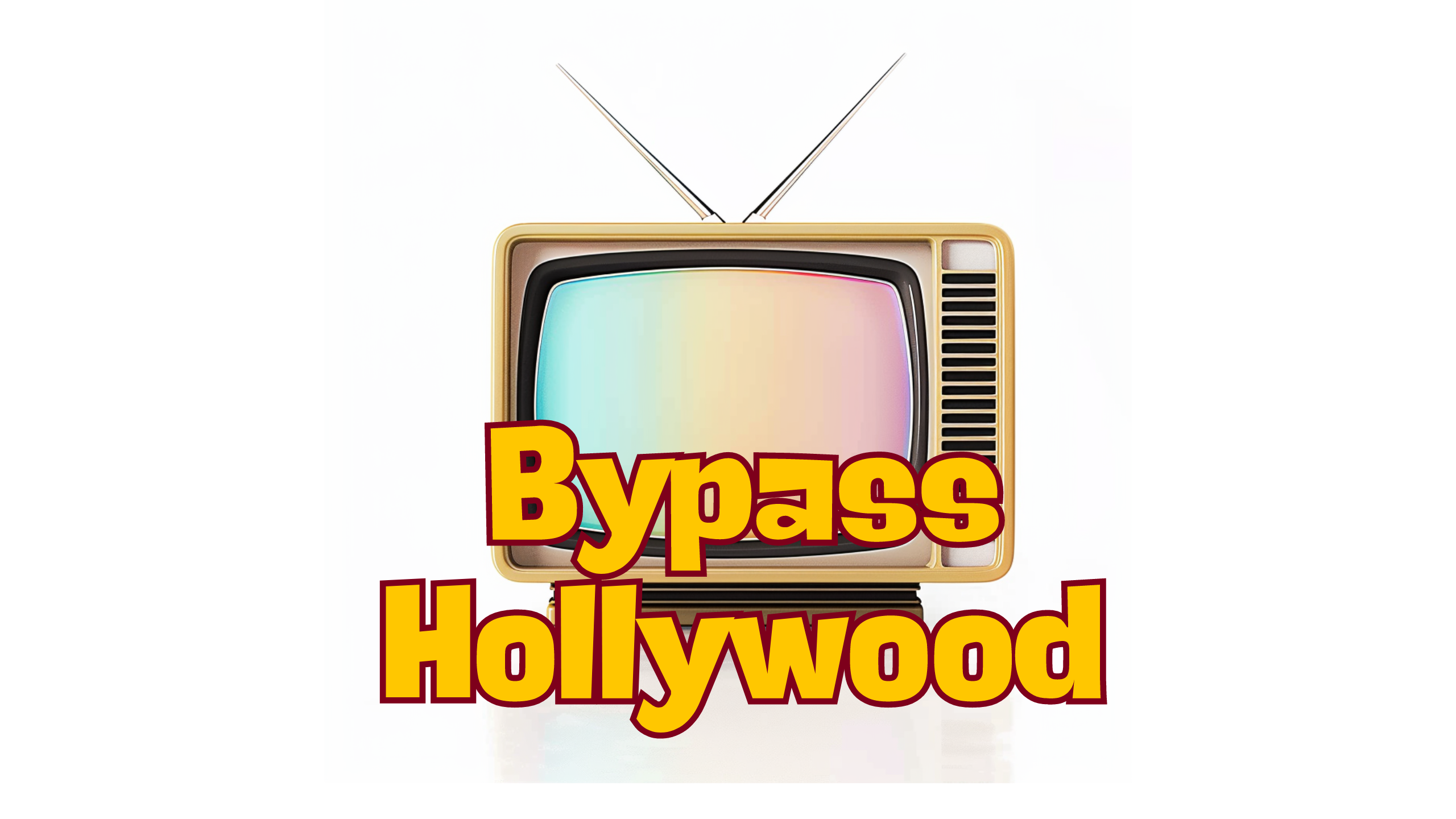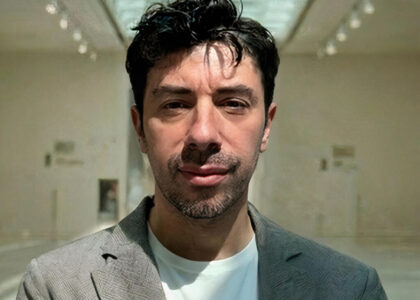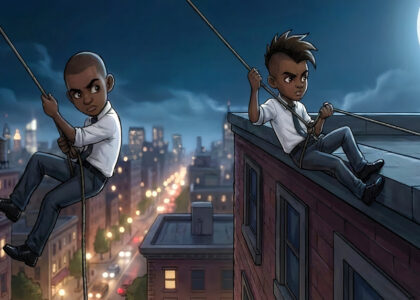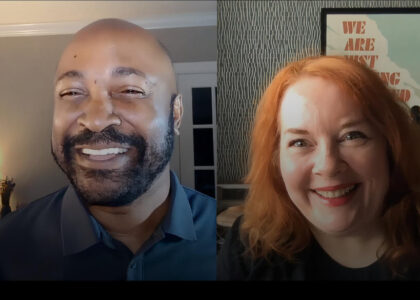

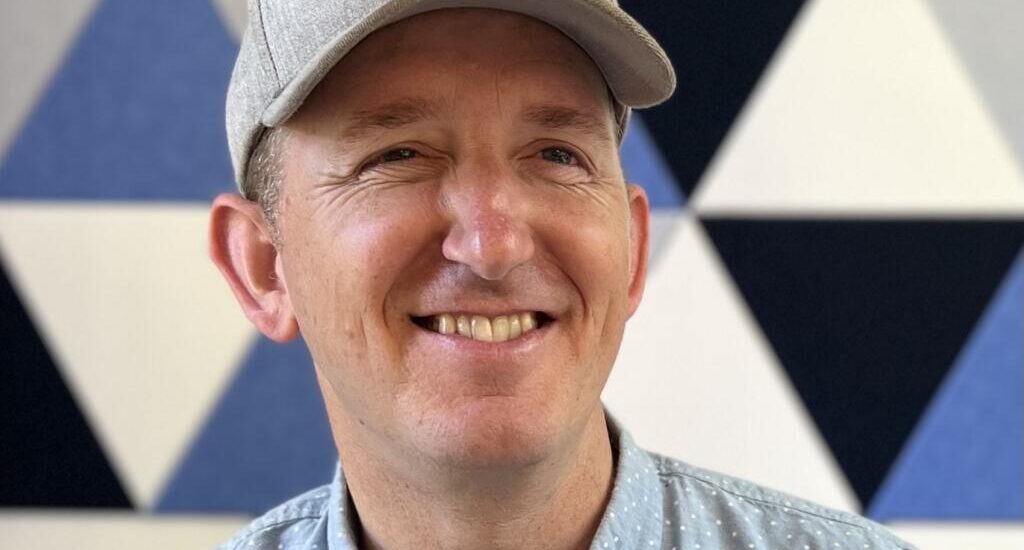
When I first spoke with Josh Shelton, I could feel the electricity in his words. Here’s a filmmaker who doesn’t just talk about breaking into Hollywood—he embodies it. Josh has done it all: indie films that hit the festival circuit, viral digital media projects, and now he’s shaping the storytelling vision at Sundance as their internal content producer. But his story isn’t just about success—it’s about survival in a brutal, ever-changing industry.
From eating ramen on a cramped LA balcony, staring at the Hollywood sign, to navigating heartbreaks like losing greenlit projects overnight, Josh has faced it all with a fire that refuses to dim. In this candid conversation, Josh pulls back the curtain on the DIY hustle, the power of community, and the relentless drive it takes to turn obstacles into stepping stones. If you’re ready to grab your dreams by the throat and refuse to let go, this is the story you need to hear.
You’ve done so many amazing things, from Sundance to Netflix and beyond. For those who might not be familiar, can you tell us a little about yourself?
Sure! Right now, I work at Sundance as the internal content producer. I oversee all the video content we create to tell Sundance’s story—whether that’s YouTube videos, filming with artists at the festival, or creating the pre-show content you see before film screenings at Sundance. But my career has been a mix of filmmaking and digital production. I moved to LA right when YouTube launched and the iPhone came out, which completely shifted what it meant to be a filmmaker. Since then, I’ve worked on everything from indie films and digital series to Netflix documentaries. I’ve always been about blending Hollywood know-how with a scrappy, DIY mindset.
You mentioned being at the forefront of YouTube and iPhones when they launched. How do you see technology shaping filmmaking today?
Technology is this incredible tool for democratizing filmmaking. When I was producing my first feature, the Canon 5D camera had just come out. That one piece of equipment made it possible for us to shoot a professional-looking film on a tiny budget. Now, we have iPhones with incredible cameras and CapCut on the phones to edit with incredible AI captions and text generation, so truly anyone can make high-quality content or at least practice the craft of filmmaking. And simultaneously, the ability to distribute our work has continued to expand over the years. . Platforms like Instagram, YouTube, and even TikTok have matured to the point where creators can directly reach their audiences in entirely new ways. It’s empowering for artists, especially those from diverse backgrounds or regions that historically didn’t have access to these opportunities.
As someone with a both a traditional filmmaking and digital production background, what’s your take on the relevance of film school today?
Film school can still be valuable, but its role is shifting. The technical skills you’d traditionally learn in film school are now accessible online through platforms like YouTube or Sundance’s own Collab (collab.sundance.org). What film school offers, though, is a built-in community. That network of peers and collaborators is often what helps people break into the industry. That said, there are plenty of other ways to build that community today, whether through online platforms or local creative groups or moving to filmmaking hubs like LA, New York, Atlanta, Austin and plenty of other cities with growing filmmaking communities. I think film schools will need to adapt to stay relevant, but their emphasis on networking will always be important.
For someone looking to break into the industry today—whether they’re young or reinventing themselves later in life—what’s your advice?
The first thing is to just make something. Whether it’s a short film on your phone or a script you write and share, you need to create and put yourself out there. Don’t wait for someone to discover you—show them what you can do. Use the tools at your disposal, whether that’s your iPhone or a friend with a camera or a visual deck, and get your vision into a tangible form. Then share it boldly. Most of us aren’t lucky enough to have people looking for us, so we have to make things that get others to look our way. And we no matter where we are in our career, we have to keep doing that, over and over. And don’t underestimate the power of your own enthusiasm. Filmmaking is about transferring your excitement and vision to your collaborators and your audience.
Everyone has a “ramen noodle” story in this industry. What’s yours?
Oh, I’ve got a literal ramen noodle story. When I first moved to LA, I was broke, living in a tiny loft, and working at a restaurant. I’d buy ramen noodles and tomato sauce so I could make either spaghetti or soup depending on the day. I’d sit on this tiny balcony, barely big enough to stand on, and look out at the Hollywood sign. Even though I had no money and was struggling, I’d think, “I’m exactly where I’m supposed to be.” That mindset has stuck with me. Even when projects fall apart—as they usually do—I try to focus on what I did achieve, whether that’s writing a script, shooting something, or building a new skill.
What does “making it” mean to you in today’s entertainment landscape?
“Making it” means different things to different people. For me, it’s about continuing to create and finding purpose in that process. The industry is unpredictable, but if you keep making things and pushing forward, that’s success in itself. Of course, there’s also the financial side—making it your sole livelihood—but that’s often less in your control, especially when you are starting. What you can control is the work you put out and the connections you build. Keep creating, keep learning, and stay open to opportunities. Over time, those efforts build into something meaningful.
Josh, your journey is so inspiring. What’s next for you?
Right now, I’m loving what I’m doing at Sundance, and the ways I’m helping reinvent our approach to content, but I’m also always working on personal projects and finding new collaborators. I’m starting to raise financing for an indie musical film (watch the short film here), I create kids content for @Isabella_Exploration_Station, I also have a children’s book out right now with an accompanying New Orleans style song, The 12 Days of Construction… and I’m writing/producing a musical horror podcast! So I’m staying busy, listening to my inner voice to create projects that I believe in. Thanks so much for having me—it’s been great to chat!
Josh Shelton’s story is proof that in an industry full of uncertainty, creativity and determination can open doors. From his early ramen days in LA to his work at Sundance, Josh exemplifies how the right mix of grit and ingenuity can help filmmakers bypass traditional gatekeepers and forge their own paths.
